Within the Humanities department we are empowering our students to evolve into inquisitive global citizens. Geography, Religion & Philosophy (RP), and History stand as pivotal pillars on this educational journey. Our primary objective is to furnish a bespoke learning experience that not only imparts knowledge but also stands true to 3 foundational principles of being:
- Inquisitive
- Analytical
- Culturally appreciative
History Intent
Our History department at Fairlands Middle School is dedicated to fostering a deep appreciation for the past, empowering our students to become critical thinking and empathetic global citizens. It is designed to be inclusive and accessible to all students, celebrating diversity and emphasising the importance of five key second-order concepts. This curriculum intent alongside the National Curriculum serves as a guiding framework for our approach to history education.
Geography Intent
In our Geography curriculum at Fairlands Middle School, we aim above all else to strive for curious students who are seeking to broaden their horizons and become global learners who can utilise their analytical skills confidently whilst showing a deep appreciation for the diverse world around us.
A successful Fairlands Geographer will…
- Develop a deep understanding of the Earth’s physical and human landscapes.
- Explore the impact of human activities on the environment and sustainability.
- Foster spatial awareness, map-reading skills, and an appreciation of diverse geographies.
- Encourage fieldwork and practical experiences to connect classroom learning with the real world.
Religion & Philosophy (RP) Intent
Here at Fairlands Middle School the subject of Religion & Philosophy holds a powerful role in ensuring our students develop into socially, culturally and spiritually responsible young people. This is achieved by following these foundational principles:
- Encouraging open and respectful discussions about different religious and philosophical perspectives.
- Exploring the role of ethics, morality, and personal values in decision-making.
- Promoting tolerance, empathy, and understanding of various belief systems.
- Helping students develop a sense of purpose and self-awareness.

